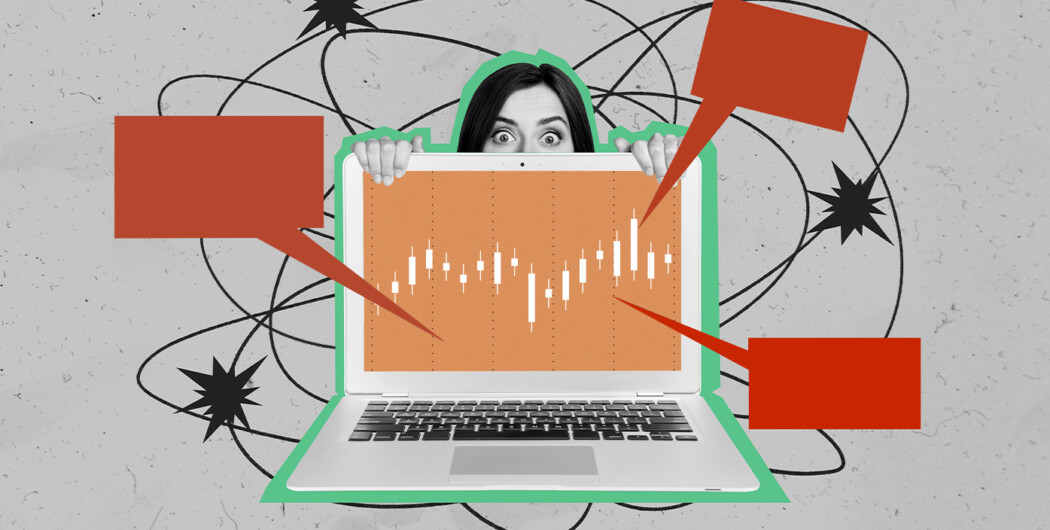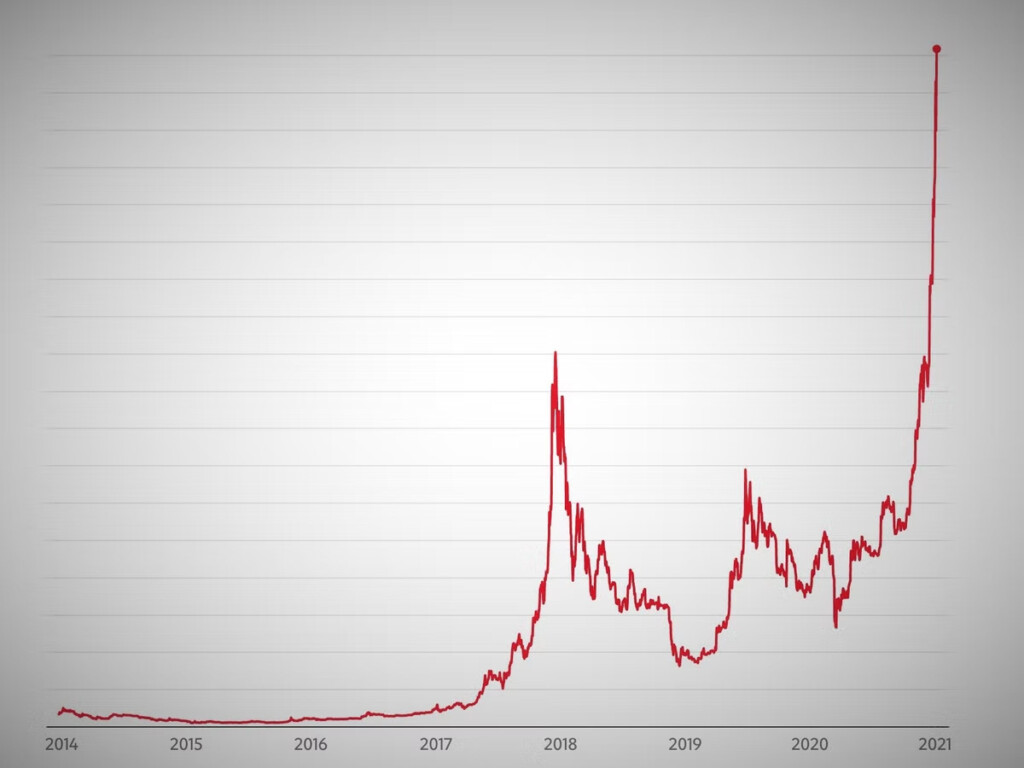

Have you ever heard a piece of advice so many times that you don’t question its validity? It’s not uncommon for certain ideas or sayings to become ingrained in the collective consciousness, even if they aren’t necessarily beneficial or accurate. Just look at the case of Theranos and “fake it till you make it”. Or “never give up” and the fall of Blockbuster. Or “it’s not what you know, it’s who you know” and the infamous Fyre Festival.
So let’s take a critical look at advice traders may hear and list ten things they shouldn’t do:
1. Time the market perfectly

Predicting short-term movements in the financial markets is exceptionally challenging, even for seasoned professionals. Attempting to time the market perfectly is close to trying to predict the future, and such accuracy is nearly impossible to achieve consistently.
2. The more complicated, the better
Complexity doesn’t necessarily equate to better results. In fact, overly complicated trading strategies can lead to confusion, analysis paralysis, and increased potential for errors. It also increases the psychological burden on traders.
3. Assume every market dip is a buying opportunity
Some market dips may be short-lived and quickly recover, while others may be indicative of a more prolonged downtrend. If you attempt to buy into a declining market without proper analysis, it can result in catching falling knives.

4. Trust insider information
First of all, it’s illegal and unethical. Second of all, this information is not infallible because insiders may misinterpret or misrepresent the information they possess. This can expose you to unreliable and potentially harmful insights.
5. Buy at all-time highs

When buying at all-time highs, there is often limited room for further price appreciation. It may take a while for the asset to surpass the previous high, and in the meantime, your position is likely to experience stagnation or even decline.
6. Never sell a losing position
The reluctance to sell losing positions often stems from emotional attachment or the desire to avoid admitting a mistake. Don’t let emotions like hope, denial, or fear of regret cloud your decision-making.
7. Put all your eggs in one basket for the thrill of it
Placing all your eggs in one basket amplifies the rollercoaster ride of volatility. If the chosen asset experiences turbulent price swings, your entire portfolio is at the mercy of those fluctuations. Thrilling but also very unpredictable.
8. Jump from one system to another
Jumping from one system to another creates an illusion of instant success. But in reality, constantly switching between them overwhelms you with conflicting information, leaving you disoriented and unable to decide anything.
9. Just follow your intuition
While intuition offers some value, relying solely on it in trading is like venturing blindly through a forest without a map. Successful traders combine intuition with rigorous research, analysis, risk management, and a well-defined strategy.
10. Do whatever and hope for the best

This piece of advice tempts you to throw caution to the wind and trade with blind luck. However, don’t fall into it. Trading is a calculated dance between risk and reward, where careful planning paves the path to success, not hope.
Please bear in mind that these examples are presented purely for amusement, with a tongue-in-cheek tone. However, when it comes to the serious pursuit of trading and investing, approach it with utmost care. While the intention here is to provide a lighthearted take on harmful advice, the true takeaway from this article should be quite the opposite.
Sources:
Trying to Time the Stock Market Is a Bad Idea – Here’s Why, The Motley Fool
Insider Trading: Law, Trust, and Prevention, Santa Clara University
Intuition: When is it right to trust your gut instincts? BBC








